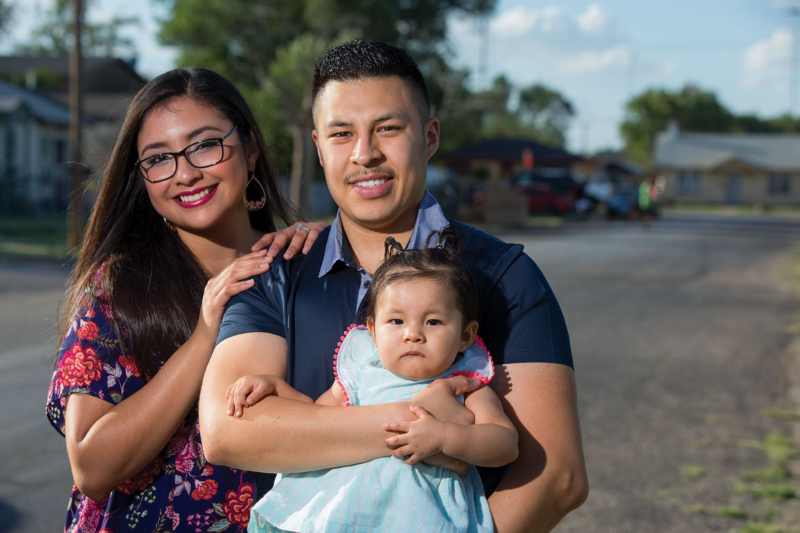Introduction
The key to individual and societal success is today what it has always been: education. But the high school diploma, once the key to economic self-sufficiency, is no longer enough. The career, economic, social, emotional, health, and quality-of-life benefits of postsecondary educational attainment are clear, compelling, and far superior to those offered by a high school diploma 1. More than 60 percent of jobs, including many in fields that were once thought of as “blue collar,” now require some level of postsecondary education or training.
- The number of low-income students is increasing.
A large and growing number of today’s students face challenges created by limited resources. Approximately one in three American undergraduates receives a Pell Grant and is considered a low-income student defined by Pell eligibility. However, not all low-income students actually apply for financial aid, and the exact number of low-income students is arguably much higher. - Comprehensive supports for low-income students can
increase their success. When institutions organize and offer connections to financial supports for both direct and indirect expenses in intentional, effective ways, low-income students will persist longer and graduate at higher rates. - Institutional commitment makes the difference. Providing supports for low-income students is not impossible. Leaders at all types of postsecondary institutions can identify and address the most pressing financial threats to student retention on their campuses.
Beyond Financial Aid in Action
The Fall 2018 issue of Focus magazine takes you to a few campuses committed to implementing BFA and shares real-life stories of the students they’ve helped. In the process, you’ll also meet the dedicated educators who are driving the effort.
